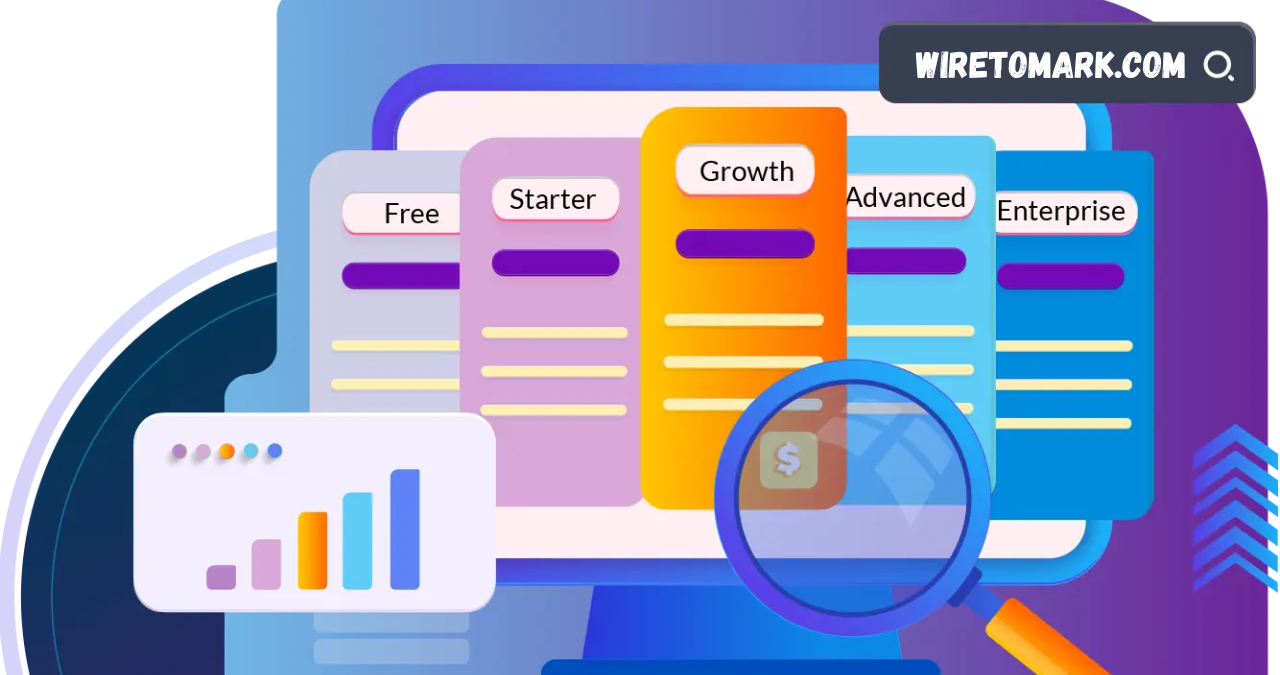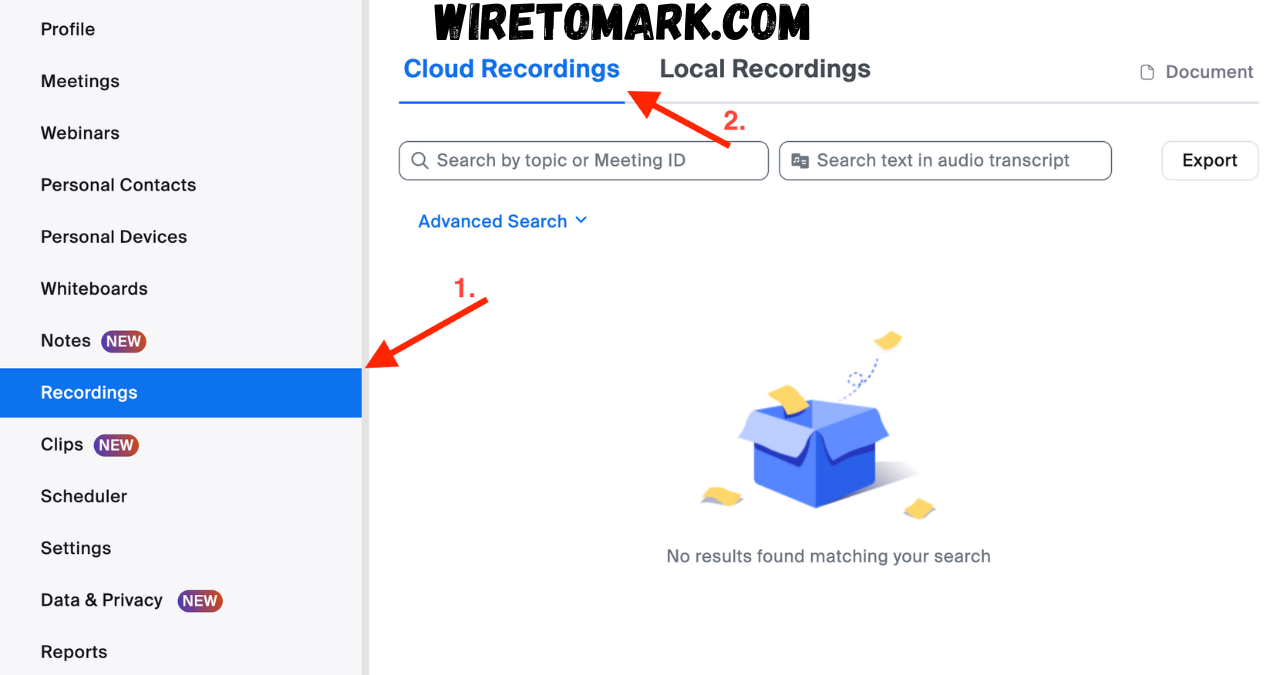When it comes to digital marketing and search engine optimization, reliable data is everything. You can make guesses all day long, but without actionable insights, you’ll always be a step behind your competition. That’s where the Moz API comes into play. It acts as a bridge between Moz’s massive data sets and your own applications, giving you the power to analyze metrics, track progress, and integrate SEO intelligence directly into your workflow.
In simple terms, the Moz API is like a toolbox for both marketers and developers. Instead of manually checking Moz tools every time you want to run a report, you can connect the API with your own dashboards, scripts, or systems. This automation saves time and makes it possible to scale your SEO efforts without doing extra repetitive work. Whether you’re building a custom analytics platform, generating quick insights for clients, or conducting large-scale competitor analysis, the Moz API opens up a wide range of opportunities.
Why Moz API Matters for SEO Professionals
The Moz API is much more than a technical feature—it’s a direct line to some of the most trusted SEO metrics available today. Marketers rely on domain authority, page authority, and link metrics every day to make smarter decisions. By tapping into these metrics programmatically, you can weave them seamlessly into your SEO strategy without constantly switching tools.
For agencies, this means no more copying and pasting endless data. Instead, the Moz API allows you to deliver clean, accurate, and up-to-date insights right into your client reports. For in-house marketers, it means better control over the data you rely on, so you can spot trends faster and take action before competitors even notice. In other words, this API doesn’t just make life easier—it helps you make better strategic moves.
Exploring Moz API for Developers and Data Analysts
If you’re a developer or a data analyst, the Moz API can feel like a hidden gem. It gives you the flexibility to integrate SEO metrics into your own custom tools or workflows. Imagine running a script that automatically checks the domain authority of hundreds of websites overnight or an app that evaluates backlinks before you even begin an outreach campaign. That’s the kind of automation and efficiency developers love.
The API is also built with scalability in mind. Whether you’re running small requests or handling bulk data pulls, the structure is designed to manage it without breaking down. By creating your own integrations, you can transform static data into actionable dashboards, giving your team or clients insights at their fingertips without ever logging into multiple tools.
Key Features That Make Moz API Stand Out
One of the strongest points of the Moz API is its ability to provide accurate link metrics. You can dig into the backlink profiles of any site, evaluate the quality of referring domains, and identify potential link-building opportunities with ease. This feature alone makes it a must-have for anyone serious about SEO campaigns.
Another key feature is the delivery of trusted authority scores like Domain Authority and Page Authority. These scores are benchmarks in the industry and give you a quick way to evaluate the strength of a site or page. Having these available through an API ensures that you can embed them wherever they’re most useful—whether that’s in a CRM, a custom dashboard, or even inside a reporting script.
How Moz API Improves Workflow Efficiency

Time is one of the most valuable resources in marketing, and the Moz API helps you save plenty of it. Instead of logging into platforms, running manual exports, and reorganizing spreadsheets, you can automate the entire process. The data flows where you want it, when you want it, without added effort.
This automation doesn’t just cut down time; it reduces errors. Manual work always increases the risk of mistakes, whether that’s a copy-paste error or outdated data slipping into a report. By connecting the Moz API directly to your reporting system, you guarantee accuracy and reliability every time.
Practical Use Cases of Moz API
One of the most popular uses of the Moz API is competitor analysis. By pulling authority scores and backlink profiles, you can quickly compare your site to rivals. This makes it easier to identify gaps in your strategy and uncover new opportunities for growth.
Another common use case is performance tracking. SEO is not a one-time effort—it’s a continuous process. By integrating Moz data into your regular reporting, you can keep a constant pulse on your site’s authority, link profile, and overall progress. This makes it easier to prove ROI to stakeholders and clients.
Limitations to Keep in Mind
Like any tool, the Moz API isn’t perfect. The free version comes with limitations, such as request caps and restricted data. While it’s useful for testing or smaller projects, professionals often need to upgrade to a paid plan to access the full potential of the API.
Additionally, while Moz’s authority metrics are highly respected, they are still third-party scores. They don’t come directly from search engines, so they should be used as guiding signals rather than absolute truths. Combining Moz API insights with other SEO tools and data sources usually provides the best results.
Tips for Getting the Most Out of Moz API
If you’re new to working with APIs, start small. Begin with simple queries to pull basic domain authority or page authority data. Once you’re comfortable, you can expand into more complex integrations that pull backlink data or bulk reports. This gradual approach ensures you don’t get overwhelmed.
Another tip is to align API usage with your actual goals. Instead of just collecting data for the sake of it, think about how that data will help your strategy. For example, if link-building is your main focus, prioritize pulling backlink metrics rather than spreading yourself too thin across every possible data point.
Future of Moz API in SEO Technology
The future of the Moz API looks promising as SEO technology continues to evolve. Search engines are constantly updating their algorithms, which means marketers and developers need reliable tools to adapt quickly. APIs like Moz’s make it easier to integrate changes into existing systems without a complete overhaul.
We can also expect the Moz API to expand in functionality. As SEO moves toward more AI-driven insights and predictive analytics, APIs will likely play a central role in delivering this advanced intelligence to users in a customizable way.
Conclusion
The Moz API is more than just a technical feature—it’s a gateway to efficiency, automation, and smarter SEO decisions. Whether you’re a marketer looking to scale client reporting, a developer building custom dashboards, or an analyst seeking deeper insights, this API has something to offer.



